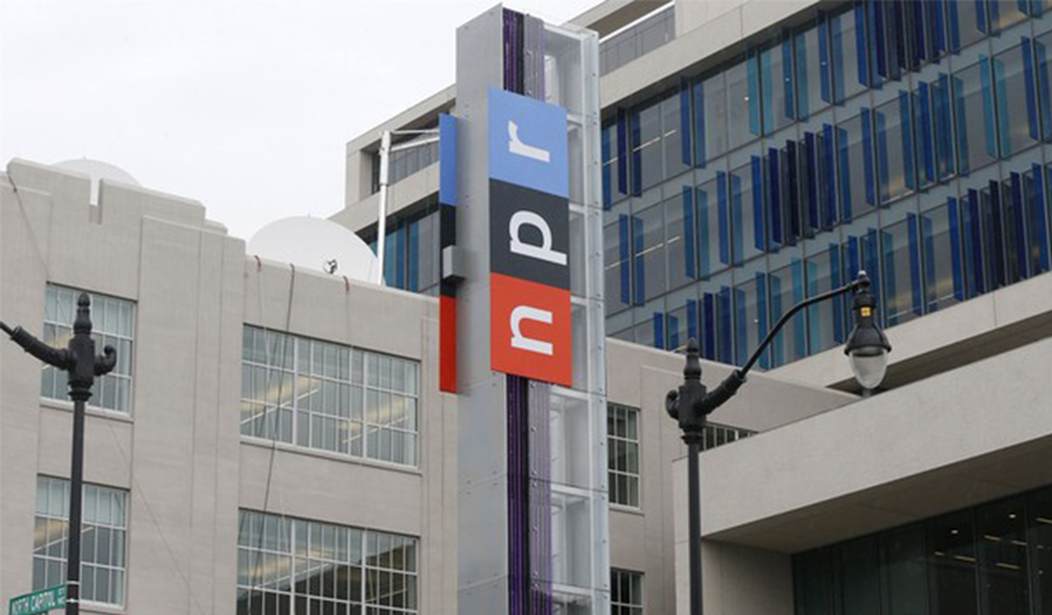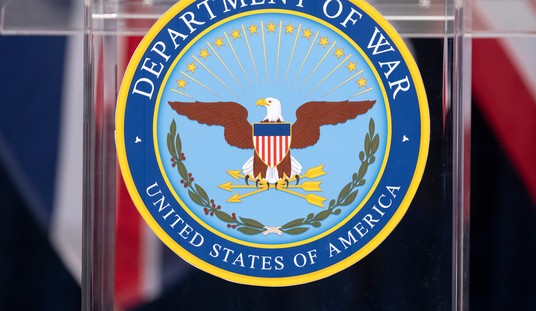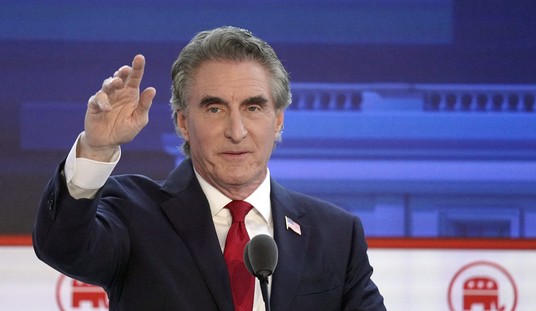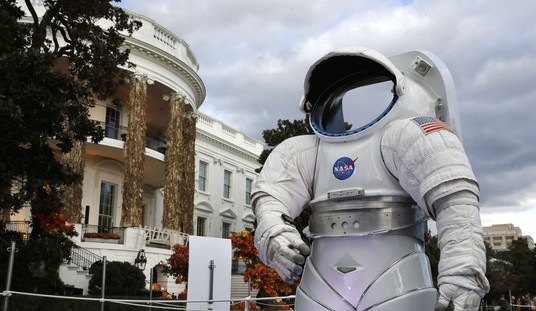A 25-year veteran at NPR has come forward to offer details of just how far the once-respected organization has fallen. Uri Berliner, who appears to be still employed there, released a self-penned article on Tuesday going through the extreme bias and politicized censorship that has destroyed the "news" outlet's credibility over the last several years.
RELATED: Left-Wing NPR Sets Up a 'Disinformation Team'
Perhaps the most stunning example came during the 2020 election, in which NPR first refused to report on the Hunter Biden laptop at all, putting out the following statement.
“We don’t want to waste our time on stories that are not really stories, and we don’t want to waste the listeners’ and readers’ time on stories that are just pure distractions.”
In April of 2021, NPR finally decided to cover the story, but it did so with a tortured defense of Hunter Biden, including making the outright false claim that the laptop "was discredited by U.S. intelligence and independent investigations by news organizations."
READ: NPR Attempts to Fluff Hunter Biden
As I noted in my write-up at the time, there was no evidence that the U.S. intelligence apparatus discredited the laptop nor did any independent investigations by news organizations (and we now have indisputable proof of its authenticity). That line appeared to be made up out of whole cloth, with NPR offering a "correction" the next day. Still, it offered a window into the non-existent reporting standards and abject politicization that had engulfed the outlet's structure.
In his writings on the matter, Berliner exposed that NPR knew the story was true but chose to bury it because it might "help Trump."
But it wasn’t a pure distraction, or a product of Russian disinformation, as dozens of former and current intelligence officials suggested. The laptop did belong to Hunter Biden. Its contents revealed his connection to the corrupt world of multimillion-dollar influence peddling and its possible implications for his father.
The laptop was newsworthy. But the timeless journalistic instinct of following a hot story lead was being squelched. During a meeting with colleagues, I listened as one of NPR’s best and most fair-minded journalists said it was good we weren’t following the laptop story because it could help Trump.
It wasn't just the Hunter Biden saga that led to NPR throwing journalistic integrity into the trash, though. Berliner also explained how "Russian collusion" became an obsession among its reporters and editors, with Rep. Adam Schiff being a primary source for their coverage.
Persistent rumors that the Trump campaign colluded with Russia over the election became the catnip that drove reporting. At NPR, we hitched our wagon to Trump’s most visible antagonist, Representative Adam Schiff.
Schiff, who was the top Democrat on the House Intelligence Committee, became NPR’s guiding hand, its ever-present muse. By my count, NPR hosts interviewed Schiff 25 times about Trump and Russia. During many of those conversations, Schiff alluded to purported evidence of collusion. The Schiff talking points became the drumbeat of NPR news reports.
But when the Mueller report found no credible evidence of collusion, NPR’s coverage was notably sparse. Russiagate quietly faded from our programming.
No evidence of Russian collusion was ever provided by Schiff, who spent years spreading falsehoods on the matter while suffering no real consequences. Yet, as Berliner points out, once the Mueller report was released, discrediting the California congressman's claims, NPR barely covered it. They simply moved on to the next anti-Republican cover-up of the truth.
NPR's far-left posture didn't change during the COVID-19 pandemic either. On the contrary, it was one of the primary outlets proclaiming that the lab leak theory, now all but confirmed, had been "debunked."
The lab leak theory came in for rough treatment almost immediately, dismissed as racist or a right-wing conspiracy theory. Anthony Fauci and former NIH head Francis Collins, representing the public health establishment, were its most notable critics. And that was enough for NPR. We became fervent members of Team Natural Origin, even declaring that the lab leak had been debunked by scientists.
But that wasn’t the case.
Again and again, NPR chose to wedge the pro-Democrat viewpoint into its news coverage. It did not do so out of laziness or error. It did so on purpose to try to influence American politics and elections. Berliner provides a further example in NPR's coverage of the George Floyd riots.
And we were told that NPR itself was part of the problem. In confessional language he said the leaders of public media, “starting with me—must be aware of how we ourselves have benefited from white privilege in our careers. We must understand the unconscious bias we bring to our work and interactions. And we must commit ourselves—body and soul—to profound changes in ourselves and our institutions.”
(...)
Race and identity became paramount in nearly every aspect of the workplace. Journalists were required to ask everyone we interviewed their race, gender, and ethnicity (among other questions), and had to enter it in a centralized tracking system. We were given unconscious bias training sessions. A growing DEI staff offered regular meetings imploring us to “start talking about race.” Monthly dialogues were offered for “women of color” and “men of color.” Nonbinary people of color were included, too.
So how did NPR get to a place where it went from a center-left outlet trusted and respected by most Americans (yes, there was a time when that was true) to the deranged group of activists it is today? One look at who makes up the newsroom provides the answer.
In recent years I’ve struggled to answer that question. Concerned by the lack of viewpoint diversity, I looked at voter registration for our newsroom. In D.C., where NPR is headquartered and many of us live, I found 87 registered Democrats working in editorial positions and zero Republicans. None.
Keep in mind that NPR still receives significant federal funding from various direct and indirect government means. Taxpayers might as well be funding the Daily Kos. Berliner coming forward provides evidence of what has been suspected for a long time: There is no daylight anymore between NPR and the most rabidly left-wing outlets in existence.















Join the conversation as a VIP Member